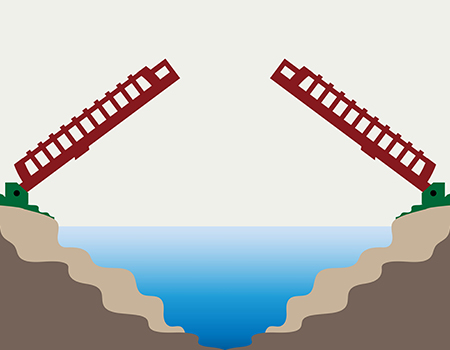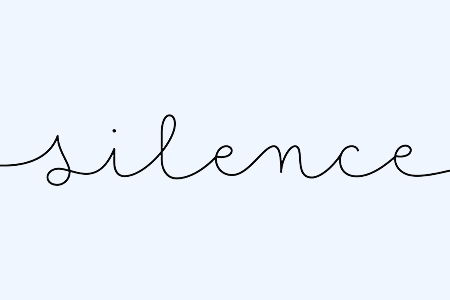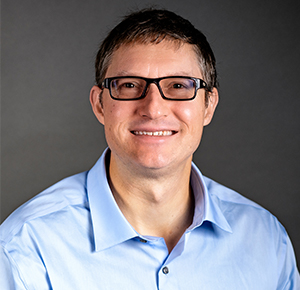 The Boulders of life are too heavy.
The Boulders of life are too heavy.
At this juncture, dealing with your ugly thoughts and burdensome emotions has eroded the joy out of life. Exhaustion runs wild, and your life now is too much.
Talking to your friends and all the usual coping outlets are just not working. At this point, you have few answers as to where to go for help.
Therapy is the answer you seek. Through therapy, you will encounter an accepting atmosphere where you can talk through the ugly thoughts and discover solutions that build self-acceptance. Those burdensome emotions can become released like water from a tap, and you control the flow.
A willingness to face the pain will create lasting change, so joy, purpose, meaning, and energy can thrive again.
Boulders become Pebbles.

Anxiety – In Session: Thoughts will race and feel scattered as you experience shortness of breath, racing heart, and body held tense. We practice deep, cleansing, full stomach breaths. Slowly with each breath, you will feel a little less tension. With more deep restorative breaths, the heart rate is noticeably less. More deep breaths – and thoughts slow down, you feel calm, and now the real work begins. With manageable levels of anxiety, you organize your thoughts, and process what you need to verbalize. You discover the false belief that worry is necessary to avoid worst case scenarios in your life. As homework, you practice deep breathing daily to gain awareness to negative thoughts, connected emotions, and body tension. You feel more in control when you identify unhelpful thoughts and change them to helpful thoughts. Anxiety goes down and you start to touch relaxation and parts of your day are free of the vicious worry cycle.
Depression – In session: we discuss the hopelessness, worthlessness, and helplessness themes driving your chronic depression. You discover life expectations have been shattered. You feel like a failure. We process the false belief you cannot change the depressive rumination on the past and future doom. As an experiment, we practice mindfulness to disrupt past and future negative rumination. I guide you through a 5 minute mindfulness, where the focus is on your breath, and letting go of any thought. After the exercise, you feel a doorway has been opened, you were able to acknowledge each thought, and refocus on the breath, interrupting the constant wave of draining negative rumination.
As homework, you practice mindfulness to ocean waves for 5 minutes daily until next week’s therapy session. When reviewing the homework, we discover in the next session, that you have started to have moments and parts of your day where you let go of negative rumination and actually enjoyed the moment!


Trauma/PTSD – In session: We process how fight, flight, and freeze themes appear in your life. We process how shortness of breath, holding your breath, racing heart, and trembling occur when a flashback is triggered by sight, sound, touch, or an event. We practice 4/7/8 breathing, an advanced deep breathing practice that quickly quiets fight, flight, or freeze responses from flashbacks. Through processing, you gain awareness to where the trauma is held in your body.
As homework, you practice 4/7/8 deep breathing daily, and start to relax the shoulders, hands, legs, and torso. You feel safer and more in control when you can actively reduce your breathing and heart rate. Insight occurs, that you are hypervigilant and constantly looking for threats and keeping your mind and body hyper-aroused, as if it is a life threatening situation.
Most importantly, each partner practices summarizing the meaning of what was trying to be said. The couple begins to realize how to put down disruptive styles of communication that create distance, and they start learning communication that builds trust, love, and closeness. Between sessions, the couple works on healthy communication.


Grief and Loss – As we break down the wall of silence that was your coping mechanism, you discover the ability to identify negative thoughts, connected emotions and body signals driving your anger, guilt, and despair. Processing verbally helps you hear the destructive patterns of grief suppression in your life. You learn to stop suppressing and denying.
Insight occurs! You understand keeping all the factors of grief a secret is no longer necessary. The anger, guilt, and despair are all being replaced one therapeutic conversation at a time. Between sessions, you start to talk to yourself like a therapist, helping you practice letting down your wall so grief can flow. You realize by expressing emotions, you feel some relief. More importantly, you discover psychological distress from grief is unbearable when bottled up, and letting out your emotions is not a weakness.
Pebbles become Sand.
After Several Months of Therapy – each session was hard and challenging – and you learned more and more about self-acceptance and finding out the uniqueness that works. In the beginning, the problem was a Boulder; each session chiseled it down slightly. Then the Boulder became noticeably lighter and slightly easier to carry. Soon the Boulder reduced in size to a Rock.
More time, skills, and insight gained – and the Rock diminished to a Pebble. After more grit and perseverance inside and outside sessions – a Pebble became Sand. Now, the confidence, joy, meaning, and thriving occur, unweighted by the Boulder. Sand can blow away easily. You step into your Resilience Story.
About Me
Helping clients turn anxiety and depression Boulders into Sand is my goal.
My mission is to help people harness their ability to learn how to respond without anxiety or depression.
I completed a Master’s degree in Counseling from Arizona State University and hold active licenses to practice as a Licensed Professional Counselor in Oregon and Arizona.
Therapeutic modalities I use: Cognitive-Behavioral Therapy, Motivational Interviewing, Mindfulness, Emotion-Focused Therapy, and Person-Centered Therapy. With over 10,000 clinical hours of experience, I am a seasoned professional.
In my spare time
I spend time with family, read, learn, play chess, take walks with the dog, weight train, meditate, hike, and enjoy nature.

